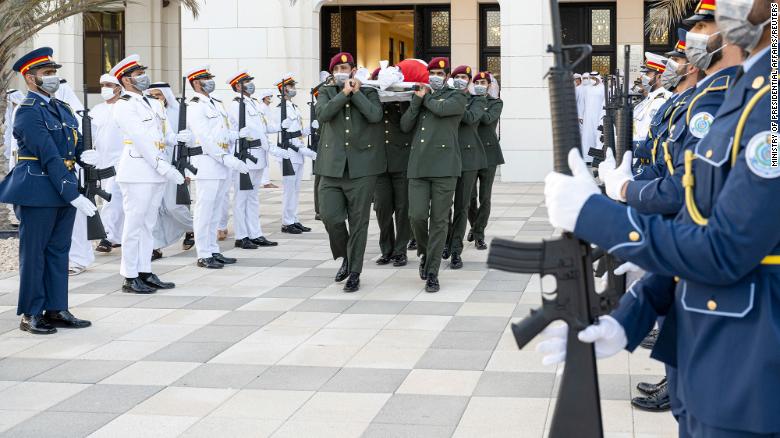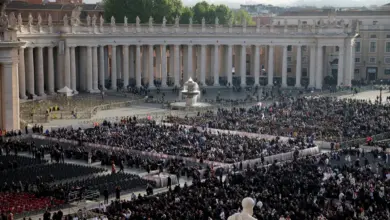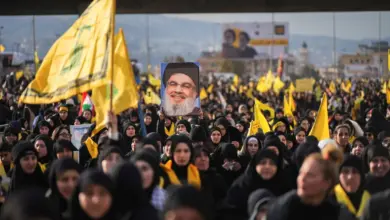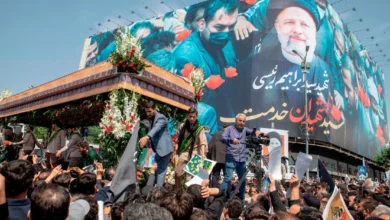
Abu Dhabi, UAE (CNN) – In a smooth transition of power over the weekend, the United Arab Emirates’ Supreme Council of rulers selected the nation’s third president.
Sheikh Mohammed bin Zayed Al Nahyan, known as MBZ, took the reins on Saturday after his half-brother Sheikh Khalifa passed away a day earlier. The former crown prince of Abu Dhabi had been running the day-to-day affairs of the country during his brother’s prolonged illness.
Sheikh Mohammed takes leadership of an evolving country. That evolution has been gradual and smooth, and was also spelled out by the government in recent policy positions.
Late last year, as part of the 50th anniversary of its founding, the UAE announced its direction for the next half-century. Foreign policy, it said, would be guided primarily by its economic interests and good neighborliness. It subsequently identified the countries that it sees as its future economic partners, singling out Israel, Turkey, India, the United Kingdom, South Korea, Indonesia, Kenya and Ethiopia as partners for trade and investment.
What could however shed more light on the nation’s future direction and partnerships is the list of delegates that flew in to offer condolences.
Here’s a list of noteworthy attendees, and why they matter:
United States
The US counts the UAE as one of its main allies in the Middle East, and has sought to mend fences with it amid tension stemming from what the UAE sees as the Biden administration’s lackluster response to threats the UAE faces. The administration was represented by Vice President Kamala Harris.
Iran
Iran sent its foreign minister Hossein Amirabdollahian, the highest-level visit by a high-ranking Iranian official to the country in years. Relations between the two countries have been tense of late, but the UAE has reached out to the Islamic Republic and has sought to distance itself from the notion that it and Tehran are enemies.
Israel
Israel, represented by President Isaac Herzog, is the only state on the UAE’s list that hasn’t been a traditional trade partner. That’s because relations were only normalized in 2020. But the UAE has been keen on catching up with the years of lost opportunity, signing a number of economic pacts with the country since normalization. The two nations signed a free trade agreement last month, and the UAE plans to invest $10 billion in Israel.
India
The nation of over one billion has been singled out among the main economic partners of the UAE for the next fifty years. The two countries signed a major trade agreement this year, aiming to raise bilateral exchange to $100 billion in five years as the first trade agreement the South Asian economic power signed with a major trade partner in over a decade, according to local media reports. India was represented by Vice President M Venkaiah Naidu.
Turkey
Ankara and Abu Dhabi only recently turned the page on a decade-long rift over diverging positions on the region’s politics. In November, the UAE launched a $10 billion fund to support investments in Turkey as leaders of the two nations exchanged visits. Turkish President Recep Tayyip Erdogan is expected to visit the UAE on Tuesday.
Qatar
Qatar’s emir Sheikh Tamim bin Hamad Al Thani offered condolences in his first visit to the UAE since a Saudi-led boycott of the country began in 2017. The boycott, of which the UAE was part, ended early last year.
United Kingdom
The UK is a traditional trade partner of the UAE, but one the Gulf nation seeks to significantly expand ties with. Last year, it announced a £10 billion ($13.8 billion) investment partnership with the UK, and said it could invest a further $1.4 billion. The UK was represented by Prime Minister Boris Johnson.




